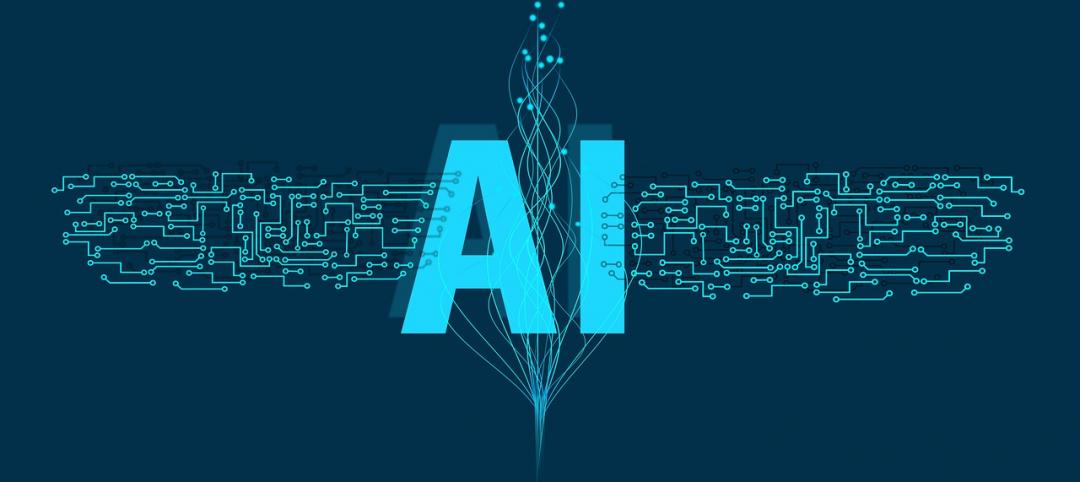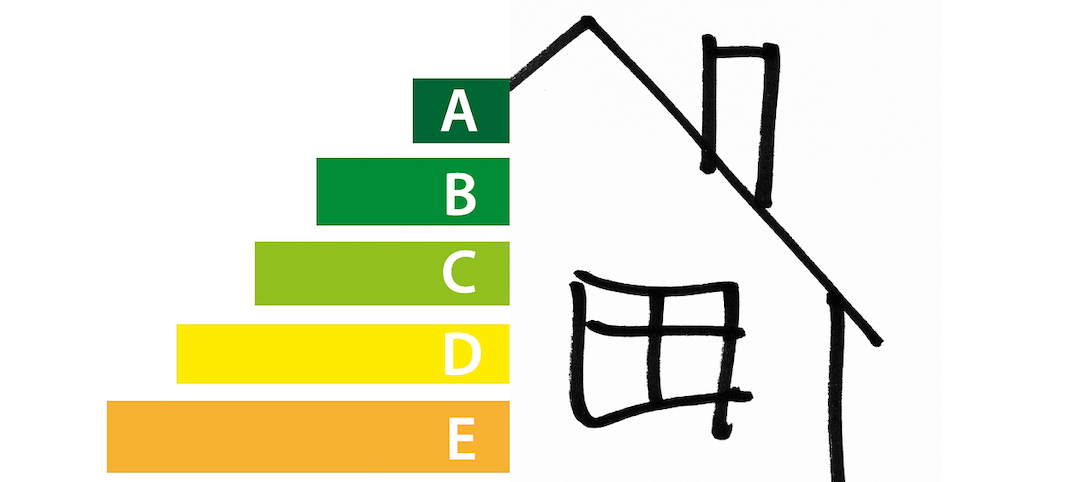In recent years, innovations in energy efficiency technology has opened many new avenues to reduce electric consumption in buildings.
But it is hard for building owners to keep up with these developments, analyze which options are most cost effective, and decide how best to invest their money. An increasingly popular method to implement energy efficiency technology is called “energy efficiency as a service.”
A typical arrangement consists of a building owner and a provider striking an agreement that pays for energy efficiency projects. The building owner does not pay anything upfront. The owner makes payments in installments within a certain timeframe. Payments are in the form of savings in energy costs realized from the improvements.
Bentley Mills, a manufacturer of commercial carpet products, employed this technique to fund a $1.5 million energy efficiency project. The contract stated that over the course of the 8-year term, Bentley would save over 12.8 million kWh. One year after the project was completed, the plant measured a 21% decrease in the kWh per square yard manufactured while increasing sales growth by 9% during the same time.
Related Stories
Codes and Standards | Nov 29, 2021
Ithaca, N.Y., votes to electrify, decarbonize all its buildings
First initiative of its kind in U.S.
Codes and Standards | Nov 29, 2021
FAA seeking design of air traffic control towers of the future
Call for design submissions for safe, efficient structures.
Codes and Standards | Nov 28, 2021
Efficient electric water heaters in multifamily buildings significantly reduce carbon emissions
In buildings with 5+ units, water heating uses more energy than space heating, cooling, or lighting.
Codes and Standards | Nov 23, 2021
New York’s Labor Law Section 240 and how it affects general contractors
The ‘Scaffold Law’ was first enacted by the New York State Legislature in 1885 and is one of the single most-used laws in construction accident cases.
Codes and Standards | Nov 22, 2021
ABC’s Construction Technology Report finds focus on solving operational problems
More than half rely on project management software.
Codes and Standards | Nov 22, 2021
Contractors say 811 utility location system has significant flaws
More than half of firms in survey report damages, near misses because lines were unmarked or marked incorrectly.
Codes and Standards | Nov 19, 2021
Creating net-zero/net-positive buildings is top priority in Green Building Trends 2021 report
Findings also demonstrate compelling business case for building green.
Codes and Standards | Nov 19, 2021
Construction Startup Competition 2021 awards highlight tech innovations
AI-powered software to identify and explain critical issues in construction contracts takes top prize.
Codes and Standards | Nov 18, 2021
Infrastructure bill contains $5 billion for energy efficiency in buildings
Wide range of programs to reduce energy use, improve materials, train workers.
Codes and Standards | Nov 17, 2021
Skanska will provide embodied carbon assessments on all new projects over 53,000 sf
Will use the Embodied Carbon in Construction Calculator it helped create.

















